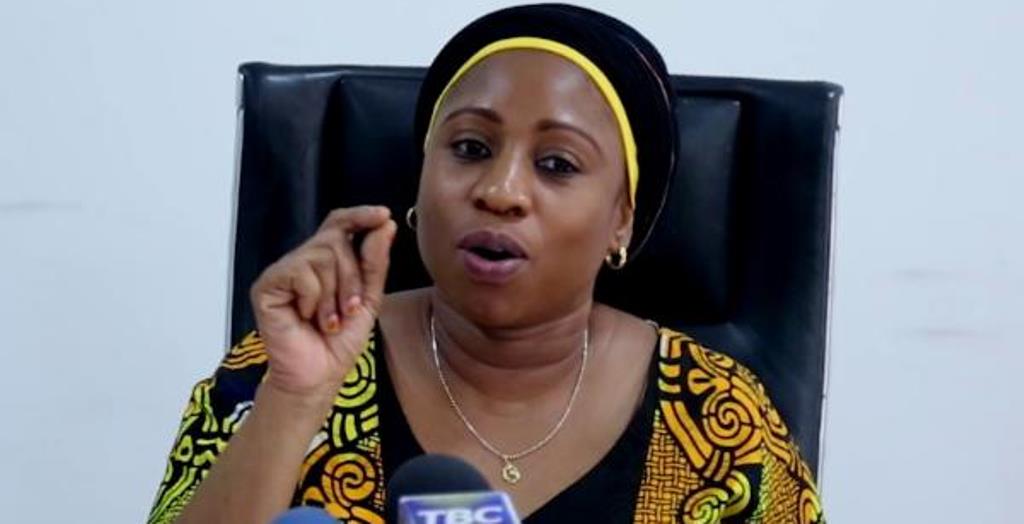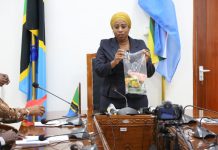AfricaPress-Tanzania: IMPROVEMENT of maternal healthcare and access to emergency surgical services has contributed to a significant drop in the number of women seeking obstetric fistula treatment in the country.
Minister for Health, Community Development, Gender, Elderly and Children, Ms Ummy Mwalimu, said yesterday that the number of women seeking fistula treatment in various health facilities has dropped by more 30 percent compared to 2015 and 2019.
Ms Mwalimu made the revelation as Tanzania joined the rest of the world yesterday to mark the International Day to End Obstetric Fistula.
The theme for this year’s commemoration is “End Gender Inequality! End Health Inequities! End Fistula now”!
She explained that in 2015, 1337 women received treatment for the condition while in 2016 the number increased slightly to 1,356 and in 2017 it dropped to 1060.
“In 2018, the number of women who went for the service dropped to 900 and last year 852 received medication,” she said.
“This drop is attributed to im proved maternal healthcare services and access to emergency surgical services under the administration of President John Magufuli,” she said.
She said the fifth phase government had invested a lot in strengthening maternal healthcare services in order to reduce the number of fistula cases in the country Ms Mwalinu said one of the indicators of improved maternal healthcare services is the increased number of expectant mothers who completed four antenatal care visits.
Ms Mwalimu noted that in 2019/2020, the number of expectant mothers who completed four or more antenatal care visits was 77 per cent compared to 41 percent in the same period in 2015/2016.
“The number of women who give birth in health facilities has increased to 83 per cent in March this year compared to 64 per cent the same period in 2015/16,” Minister Mwalimu said.
She said that the number of health facilities providing Comprehensive Emergency Obstetric and Newborn Care (CEmONC) has also increased to 325 in March this year compared to 115 facilities in 2015.
The minister said that according to statistics, the number of women seeking fistula treatment in various health facilities has dropped by more 30 percent compared to 2015 and 2019 respectively.
She noted, however, that expectant mothers can reduce the risk of getting fistula if they will visit antenatal clinics for screening of their health and for their children and ensure that they give birth in health facilities.
“I call upon expectant mother to visit antenatal clinics earlier and complete all the required visits and give birth in health facilities,” she said.
Tanzania is estimated to have 2500 women who develop obstetric fistula each year with the number of those who receive treatment annually being 1,000.
In a period of five years from 2015 to December 2019, more than 5,500 women have received fistula treatment.
“These achievements are the results of a special campaign being conducted in collaboration between the government and stakeholders. The campaign has helped the country to have more than 3,000 fistula ambassadors who are responsible for coordinating referrals and transportation of patients to health facilities which provide the services,” she said.
She said currently fistula services are available at Muhimbili National Hospital (MNH), CCBRT, Bugando, Mbeya Zonal Referral Hospital, Nkinga Hospital in Tabora , Kilimanjaro Christian Medical Centre (KCMC), and Kivulini Maternity Centre in Arusha.







